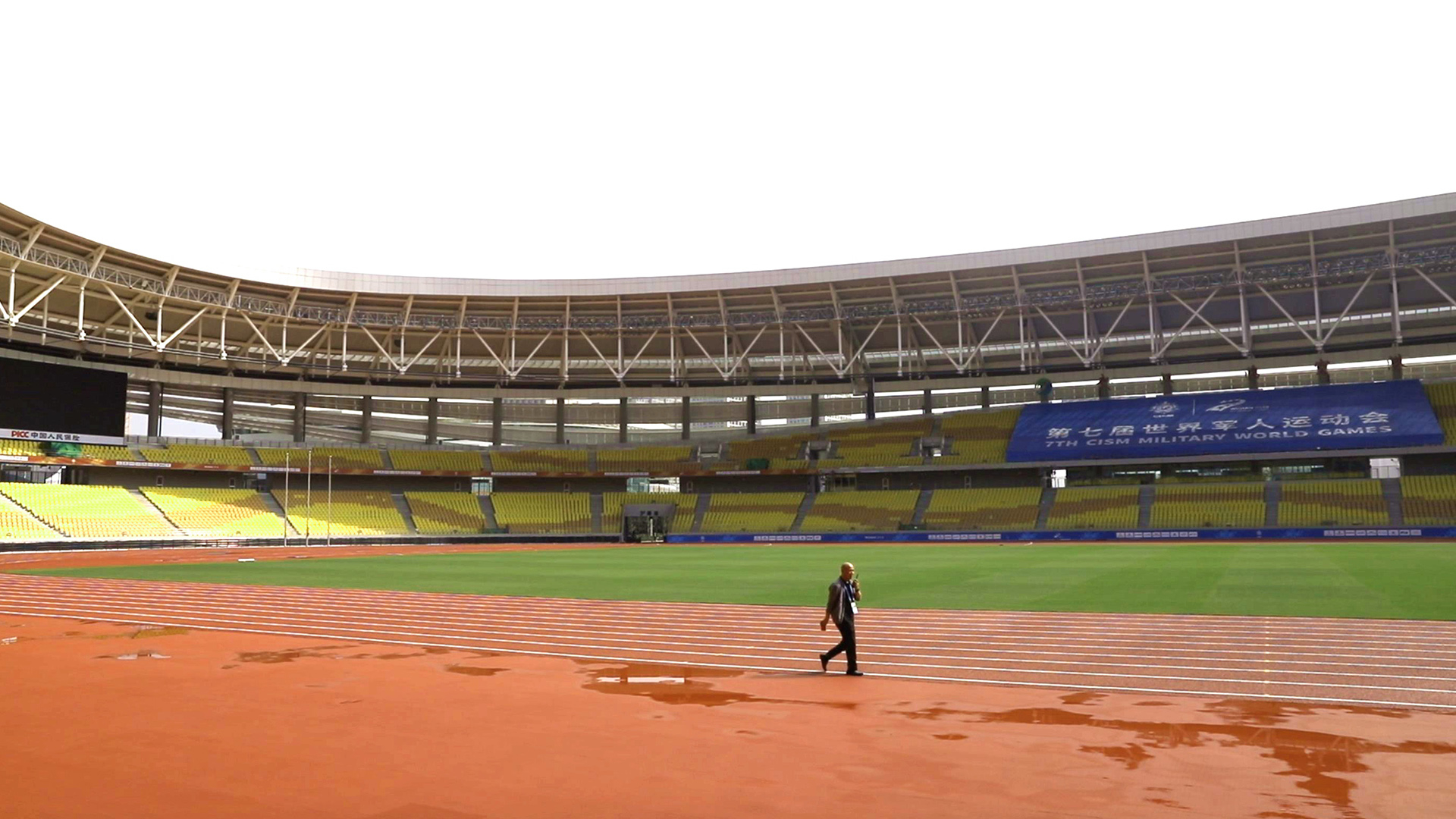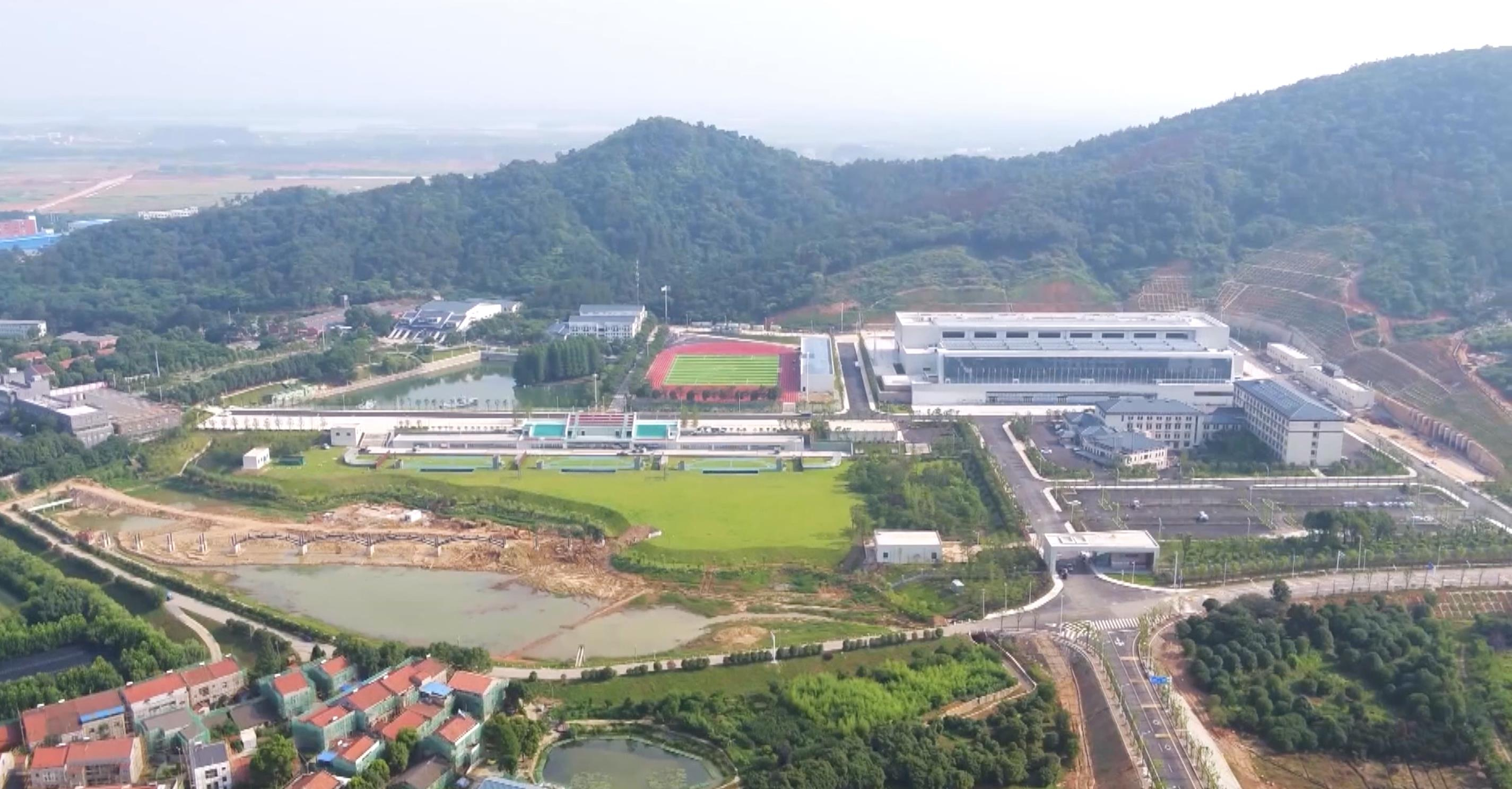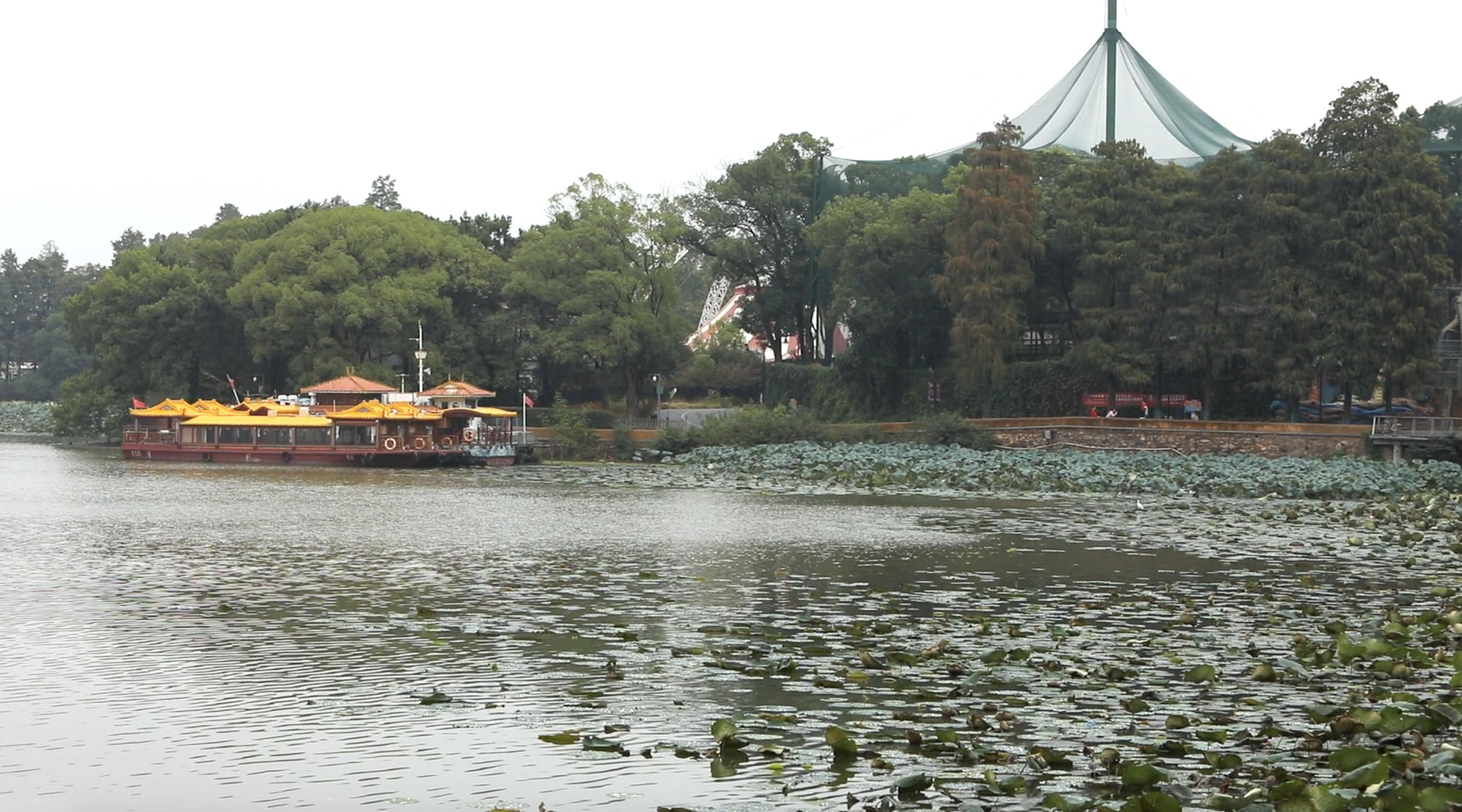02:00

The 7th Military World Games will begin in central China next week. Host city, Wuhan, has been busy preparing for the past couple of years, building and upgrading dozens of venues.
For the first time in the history of the Military World Games, all events will take place in one city. A total of 35 venues will be used for what's dubbed "the Olympics for military personnel," 13 of which are brand new, while 40 percent are located in local universities and colleges.
One of the highlights is Wuhan Five Rings sports center, a newly-built world class venue that includes a 30,000-seat stadium, a gymnasium that can seat 8,000, and a swimming center big enough to accommodate more than 10,000.

Some of the venues for the upcoming Military World Games in Wuhan. /CGTN Photo
Some of the venues for the upcoming Military World Games in Wuhan. /CGTN Photo
It mainly acts as the venue for track and field, table tennis, and lifesaving swimming events.
After the games, it will be open for public use.
The structure is surrounded by 72 supporting frames, with no support point from inside. The steel roof is more or less suspended in the air, meaning everyone in the crowd will have an unimpeded view.
Its construction team leader Hu Leihao said the stadium started from scratch and it took 700 days to complete. "We want to present the best experience for athletes and viewers," Hu said.
Still, the indoor venues are cool and spacious, and organizers have made sure the host city's natural beauty and charm are also on display.

East Lake, where marathon and road cycling will be held. /CGTN Photo
East Lake, where marathon and road cycling will be held. /CGTN Photo
Wuhan is known as a city of a thousand lakes. Its famous East Lake is full of serenity. During the games, athletes will run their marathon and road cycle nearby, competing in the beauty of nature.
The East Lake Greenway has a total distance of 101.98 kilometers, among which 35 kilometers are reserved for marathon and 15.95 kilometers for road cycling. During the games, it can satisfy the needs of the competition events by providing temporarily installed spectator seats and supporting functional rooms.
In addition, more than 500 5G base stations have been put in place, offering services such as Virtual Reality drones, and navigation and unmanned shuttles.
The legacy of the games has also been carefully managed with plans for most of the venues to be converted into facilities for both professional athletes and the public in the future.
After all, Wuhan wants to host the games, which are not only about breaking records, but also highlight sustainability.